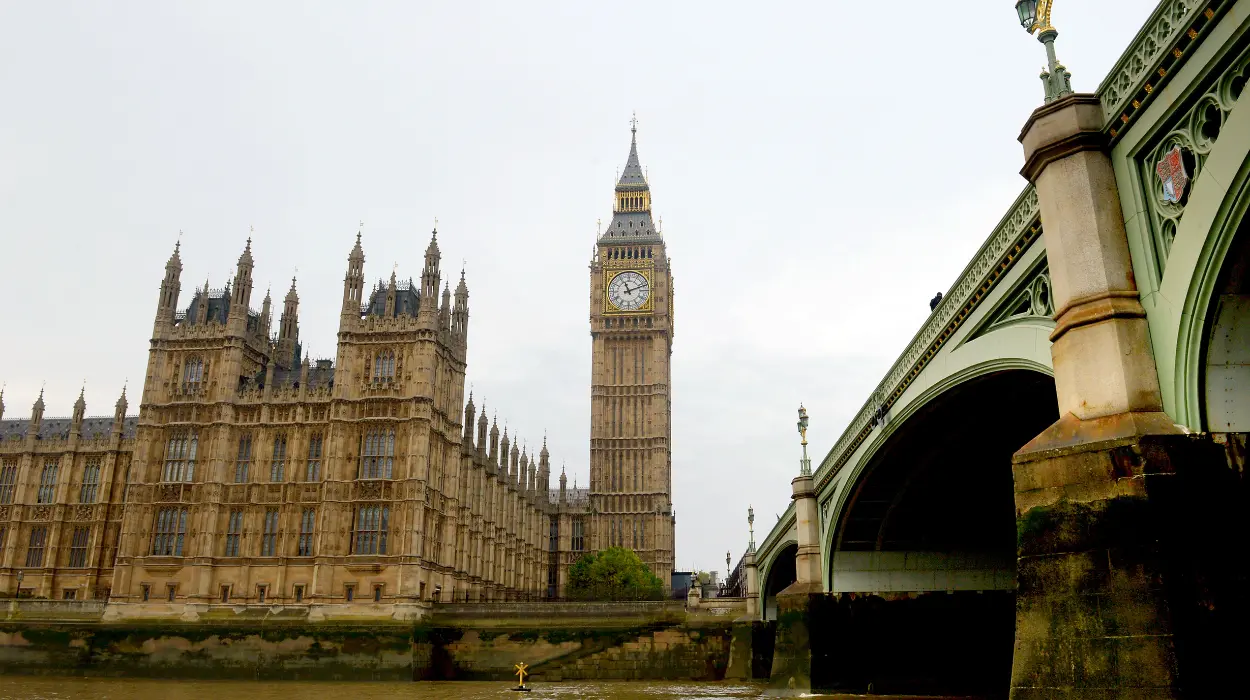UK (Parliament Politics Magazine) – Watchdog reveals bullying reports in Parliament surged 40% last year, citing toxic culture, alcohol, and slow investigations as major concerns.
As reported by The Independent, reports of bullying in Parliament jumped by 40%, with a growing number of MPs facing misconduct accusations.
What did the ICGS report say about misconduct complaints?
The Parliament watchdog reported a major rise in bullying complaints up to April, even as MPs prepared for the national vote.
The Independent Complaints and Grievance Scheme investigated 69 cases this year, marking a rise from 47 reported the year before, its annual report shows.
Parliament staff filed 50 complaints, some naming multiple people, with investigation costs nearing £2 million, the annual report revealed.
The ICGS disclosed that most cases were linked to bullying, while three involved serious sexual misconduct such as harassment and stalking.
The majority of cases were dropped, labelled out of scope, or incomplete by the report’s deadline, while only four allegations were substantiated.
The report highlighted that alcohol contributed to almost 20% of parliamentary complaints and was frequently present in sexual misconduct cases.
The watchdog attributed several bullying incidents to power imbalances, citing cases where senior figures misused authority to humiliate or harshly judge staff.
It stated,
“This behaviour caused complainants to feel insecure about their job stability and created an intimidating work environment.”
It added,
“It was alleged that managers assigned tasks that were excessively challenging or impossible to complete within the given timeframe, making the complainants feel as though they were being set up to fail.”
What did Thea Walton say about the rise in ICGS cases?
ICGS director Thea Walton stated,
“During the reporting period, we experienced a notable increase in the number of people contacting the ICGS.”
She said,
“Unfortunately, this increase, the complexity of cases and the introduction of new processes and ways of working have contributed to longer timescales for completing cases.”
Ms Walton stated,
“Over the next 12 months, the team will be working hard to reduce these timescales while bedding in our new processes and continuing to deliver a high-quality service for the parliamentary community.”
She added,
“I am encouraged to see that awareness of the ICGS remains high across Parliament and more people are coming forward to use the scheme to seek redress when they feel they have experienced poor behaviour.”
What prompted the creation of the ICGS in 2018?
The Independent Complaints and Grievance Scheme was established in 2018 after the #MeToo movement to tackle sexual misconduct by MPs.
The scheme has faced criticism for slow investigations, with some taking over a year and being referred across various organisations.
Key facts about bullying in the UK
General bullying
- 1 in 10 workers faced bullying last year.
- 75% saw bullying, but only 1% spoke up.
- 62% of bullied workers quit; 70% of bullies stayed.
Workplace harassment
- Bosses and coworkers are the biggest bullies.
- Common bullying: harsh criticism, yelling, humiliation.
- Almost half of adults face work discrimination; higher for minorities.
School bullying
- 40% of Year 10 students bullied; 6% daily.
- 19% of kids aged 10-15 were bullied online, mostly at school.
- Disabled kids are bullied 2-3 times more.
Cyberbullying
- 18% of kids 11-15 are bullied online; girls are twice as much.
- Most bullying happens via phones or computers.
Effects & reporting
- 25% of bullied kids don’t tell anyone.
- Bullied workers have 2.6x more mental health issues.


